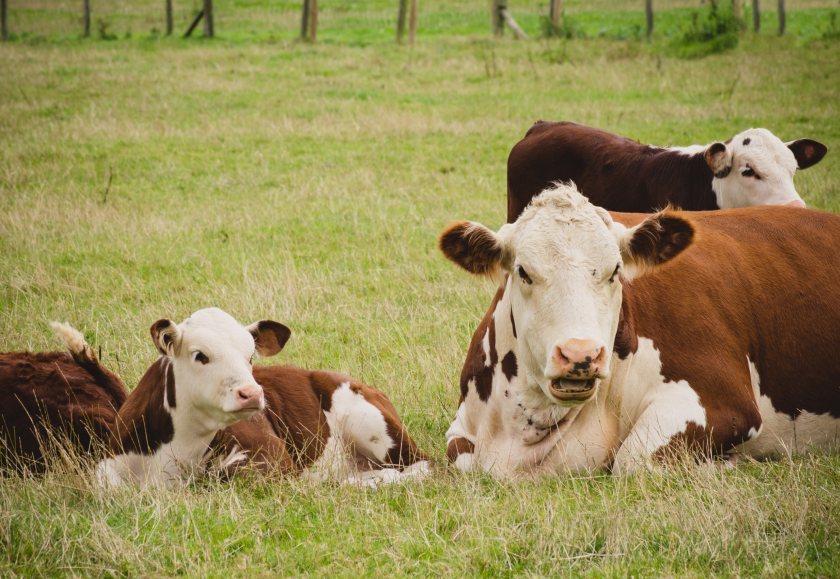
Experts are urging farmers to report and investigate all abortions and stillbirths to understand disease status and identify how to protect their herds in future.
To help build reporting all abortions into farmers’ calving routine, the Ruminant Health & Welfare (RH&W) group has launched new resources.
These include a flyer and online hub with FAQs, all with an aim to help reduce the barriers of reporting abortions and submitting samples for investigation.
They have been created in consultation with experts from Animal and Plant Health Agency (APHA), Scotland's Rural College (SRUC) and Animal Health NI.
The intent for the flyer is that it should be printed off for farm notice boards as well as saved to the phones of all members of the farm team to help increase the rate of abortions reported.
Colin Mason, a veterinary investigation officer based at SRUC's disease surveillance centre in Dumfries, said investigating causes of abortion could help improve herd efficiencies and protect staff as well as contribute to better industry insights.
“By asking farmers to investigate all abortions and stillbirths by sending abortion tissues and blood samples to be tested, farmers and vets alike will achieve better herd health planning outcomes by gaining insights into what is causing abortions,” he said.
“Once a pregnancy is established and particularly in the latter stages, the expectation is that a viable calf will be born at term.
"When this does not happen this is an ‘unforeseen event’ which should be investigated as part of the health planning process with your vet.
“This includes finding out the status of infectious diseases and identify the risk levels of zoonotic disease for your farm.”
Understanding disease risk is mportant for the wider industry too, with the current strain of bluetongue, BTV-3, as well as Schmallenberg, both pertinent at the moment.
Both diseases can cause late term abortion, stillbirth or deformities in calves, so there's a genuine notifiable disease reason why all abortions need to be investigated.
Collective data showing what is causing abortion and stillbirth on-farms also helps inform the national disease status, plus identify any virus changes or emerging threats.
Mr Mason explained why understanding prevalence of zoonotic disease was also a vital reason to submit abortion samples and protect farm staff.
“Increasingly coming to the fore, are the disease risks of Q fever and Salmonella Dublin. Testing for them will help understand whether some of these diseases are active on-farm or passive on-farm,” he said.
“From a worker, farmer or vet point of view, knowing a little bit more about the risks on-farm, and being able to manage that risk for anyone coming into contact with the herd is a positive action farmers can do.
“Submitting all abortion cases to be investigated is also going to find out the prevalence of brucellosis and improve brucella surveillance. This will increase the confidence in which we can say in the UK that we are free of brucella.
“Ultimately, the more you can find out about your animals by investigating these unexplained abortion losses, the better for your farm, your animals and the industry.”
